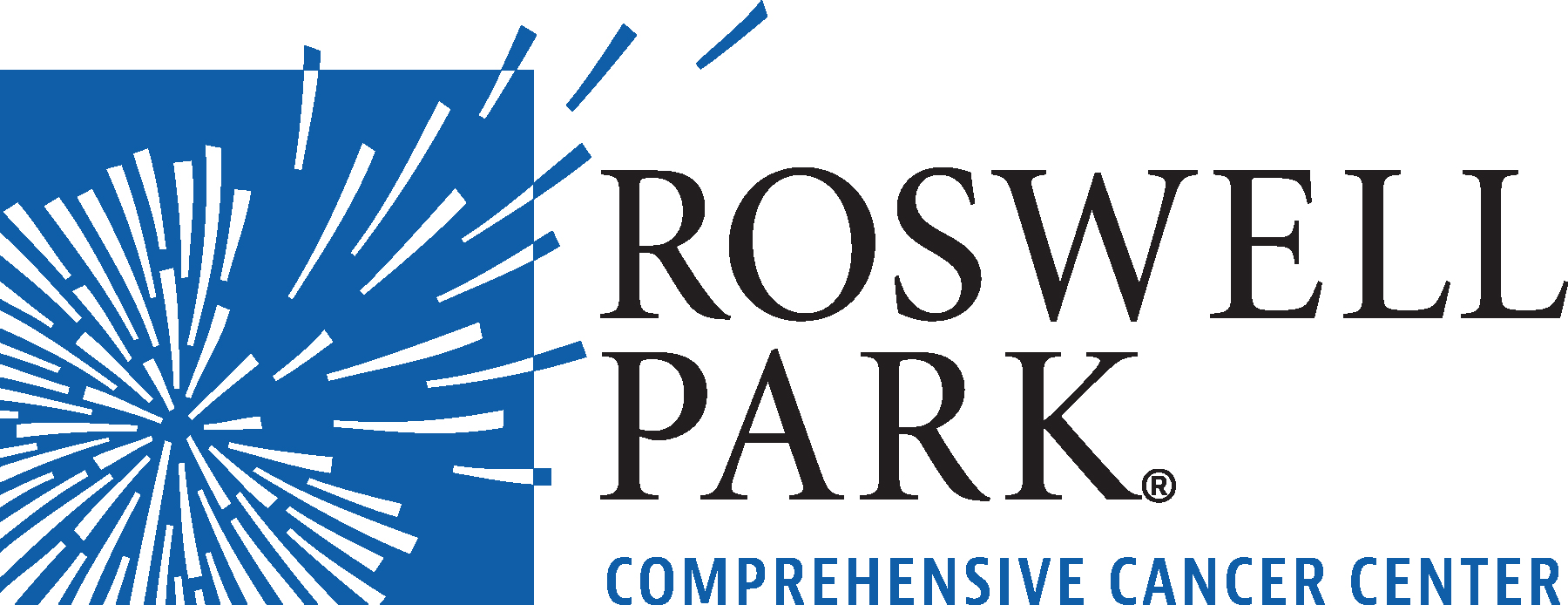Newswise — BUFFALO, NY — While tobacco use can significantly hamper cancer treatment, few cancer researchers are incorporating tobacco assessment into their clinical studies. That’s the conclusion a group of investigators led by Graham Warren, MD, PhD, Assistant Professor in the Department of Radiation Medicine at Roswell Park Cancer Institute (RPCI), drew from a recent survey of cancer clinical trials. Their research, published in the Journal of Clinical Oncology, was based on a study conducted by psychiatry postdoctoral researcher Erica N. Peters, PhD, from Yale Cancer Center in collaboration with investigators from RPCI, the Hollings Cancer Center at the Medical University of South Carolina and MD Anderson Cancer Center.
The researchers evaluated 155 actively accruing national cooperative-group clinical trials funded by the National Cancer Institute. They found that less than 30% of active trials assess any form of tobacco use at enrollment, less than 5% assess tobacco use during follow-up, and none provide cessation support.
“Tobacco use during cancer therapy reduces the effectiveness of treatments, increases the toxicity of those treatments and ultimately causes more people to die from their cancer,” says Dr. Warren. “The lack of evidence-based tobacco assessment and cessation support limits our ability to accurately assess how tobacco use may affect clinical-trial outcomes and survival.
“Patients enrolled in cutting-edge research studies may not be receiving support to help them stop using tobacco. Evidence shows that cessation of tobacco use reduces incidence of heart disease and pulmonary disease and may improve cancer control,” he said.
The findings were presented in Washington, DC, this week at a Congressional briefing and to participants in the National Cancer Policy Forum Workshop on Reducing Tobacco-Related Cancer Incidence and Mortality, sponsored by the Institutes of Medicine.
“There is a critical need to include tobacco cessation as an important part of standard clinical care for cancer patients,” added Roy S. Herbst, MD, PhD, Chief of Medical Oncology at Yale Cancer Center and a co-author of the study.
The study, “Tobacco Assessment in Actively Accruing National Cancer Institute Cooperative Group Program Clinical Trials,” is available at http://jco.ascopubs.org/content/early/2012/06/11/JCO.2011.40.8815. The research was supported in part by grants T32 DA007238, R01 CA140256, R25 CA114101, and R01 CA097893 from the National Institutes of Health and MRSG 11-031- 01-CCE from the American Cancer Society.
The mission of Roswell Park Cancer Institute (RPCI) is to understand, prevent and cure cancer. RPCI, founded in 1898, was one of the first cancer centers in the country to be named a National Cancer Institute-designated comprehensive cancer center and remains the only facility with this designation in Upstate New York. The Institute is a member of the prestigious National Comprehensive Cancer Network, an alliance of the nation’s leading cancer centers; maintains affiliate sites; and is a partner in national and international collaborative programs. For more information, visit RPCI’s website at http://www.roswellpark.org, call 1-877-ASK-RPCI (1-877-275-7724) or email [email protected].
MEDIA CONTACT
Register for reporter access to contact detailsCITATIONS
Journal of Clinical Oncology (JCO.2011.40.8815, June 11, 2012)
